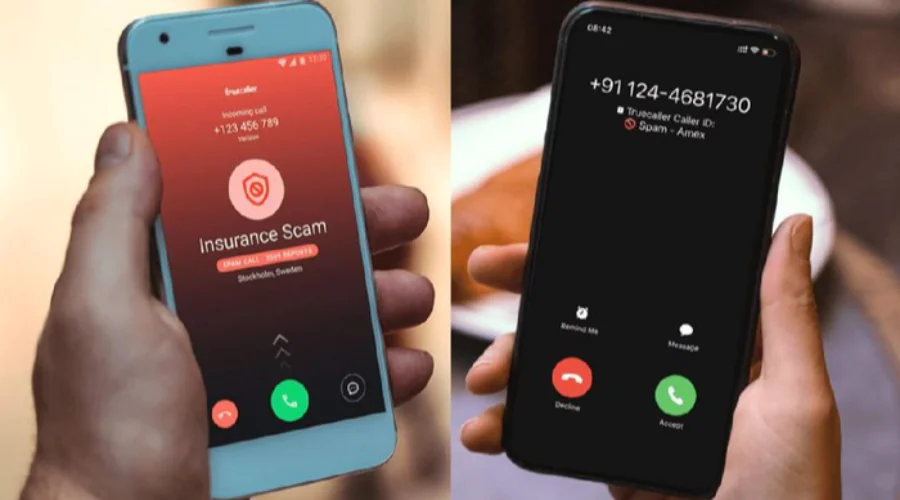
- 24 Jan
- 2022
Ilustrasi gambar (freepik)
Many Frauds in the Name of Banks, UM Surabaya Economic Expert: These are Tips to Avoid It
In the past few days, another case of fraud on behalf of a bank has emerged, which was spread via WhatsApp (WA) messages on the pretext of information about an increase in the administration rate for an ATM of one of the state-owned banks from IDR 6,500 per transaction to IDR 150,000 per month. After some time, there was news of a telephone fraud mode by providing tempting information by winning lottery prizes.
The two types of fraud are one of the many modes of fraud, one of which is in the name of a bank. The number of cases of fraud in the name of a bank attracted the attention of UM Surabaya economist Arin Setyowati to provide a response.
According to Arin, there are at least 4 types of fraud in the name of a bank based on OCBC NISP's research results, including; Phishing or types of fraud through electronic media in the form of messages via email or SMS.
Second, Vishing (voice phishing) is a type of fraud via voice technology, one of which is the telephone. The third is Impersonation, which is a type of fraud under the pretext of offering something in order to obtain personal information so that the perpetrators of fraud can access account numbers to account passwords and drain money from the victim's account.
Lastly Smishing or (fraud via electronic messages such as SMS) which is often found in SMS banking fraud by sending a message accompanied by a link so that the victim is directed to false information in the form of a fake call center number as well.
Cases that often occur, victims are selected as winners in prize draws, ask for confirmation, to send funds as a form of disbursement of assistance, request customer information to payment cards. Furthermore, the perpetrators of fraud will try to find information or personal data and sensitive data of victims to commit robbery.
"If previously the victim panicked first with info from the perpetrators of fraud, then they will easily be controlled and played psychologically by perpetrators of fraud," explained Arin Friday (24/6/22)
So the key to avoiding fraud is to stay calm when you get a suspicious phone call. This is important so that someone can think clearly to weigh the information provided by fraud perpetrators and can check the correctness of the information on the bank's official website.
According to Arin, it is important for someone to know well literate with the bank's official media channels either through the bank's official web page, call center or other customer services from the bank.
Arin explained that there are five ways a person can do to avoid fraud on behalf of the bank.
"First, periodically update the data, this is intended so that the data is not easily guessed by fraudsters. Second, activate additional security features, one of which is activating Two-Factor Authenticator (2FA) on personal accounts, especially those related to transactions and banking," he explained.
Third, use a private internet network, especially when making online transactions. Fourth, do not easily give personal information to anyone. The fatal mistake of fraud victims is usually to easily provide privacy and sensitive data information. In fact, the real rule is that the bank will not ask for confidential data from the customer. Because banks have rules of the game in maintaining the confidentiality of customer data.
"Finally, if you see an unknown number and provide odd or suspicious information, then ignore it," he concluded.










(0) Comments